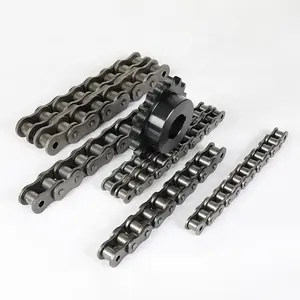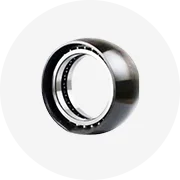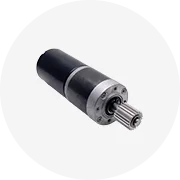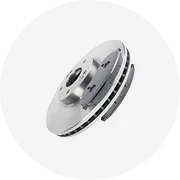
Hot Sale With Suitable Price 16A-1 Short Pitch Precision Conveyor Industrial Chain Transmission Roller Chain


KR19 KR22 KR26 Wholesale Price High Precision Bolt Type KR19 KR22 KR26 Track Roller Kr For Agitators













Roller chains are a fundamental element in the realm of mechanical power transmission, particularly in motor vehicles. These chains are responsible for transmitting the power generated by the engine to the drive wheels, ensuring the vehicle operates smoothly. Unlike their rubber belt counterparts, roller chains are designed to resist twisting, stretching, or snapping, providing a reliable solution for power transmission.
There is a variety of roller chains available on the market, each serving a specific purpose. Common types include V-belts, mesh belts, and timing chains. Each type offers a unique set of features to accommodate different mechanical requirements. For instance, gearbox chains, which are composed of interconnected gears and pinions, operate within an oil-lubricated system to prevent fluid leaks while maintaining continuous motion.
Transmission roller chains are widely used as auxiliary power transmission devices. They are adept at connecting a larger-diameter sprocket to the transmission output, boasting a simple structure yet effective in their function. The features of these chains include minimal wear loss and an extended service life, making them a practical component in various industrial applications. Precision transmission chains, another variant, are tailored for low-speed applications and are characterized by their low friction.
The materials used in the manufacturing of roller chains can vary depending on the application. Low-mass alloy chains are commonly used for standard applications, while heavier duty tasks may require high-mass steel or rope chains. The evolution of roller chains has led to designs featuring a series of diamond-shaped rollers, enhancing their efficiency and durability.
When selecting a cheap roller chain, it is crucial to consider the specific needs of your machinery. Factors such as the speed of operation, load capacity, and environmental conditions play a significant role in determining the most suitable type of chain. It is important to evaluate the compatibility of the chain with the existing machinery to ensure optimal performance.
In conclusion, roller chains are an indispensable component in the transmission of mechanical power. With a range of types and materials available, it is possible to find a cost-effective roller chain that meets the technical requirements of various industrial machines. While exploring options, it is advisable to consider the chain's structure, transmission efficiency, and longevity to make an informed decision.